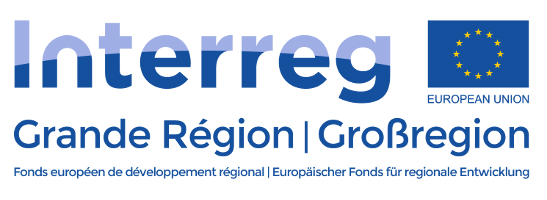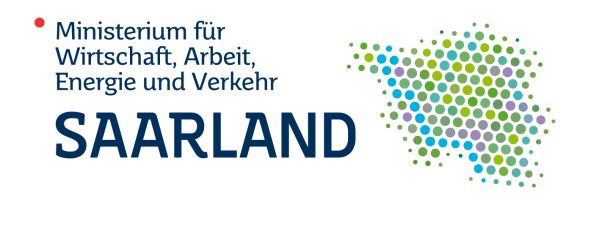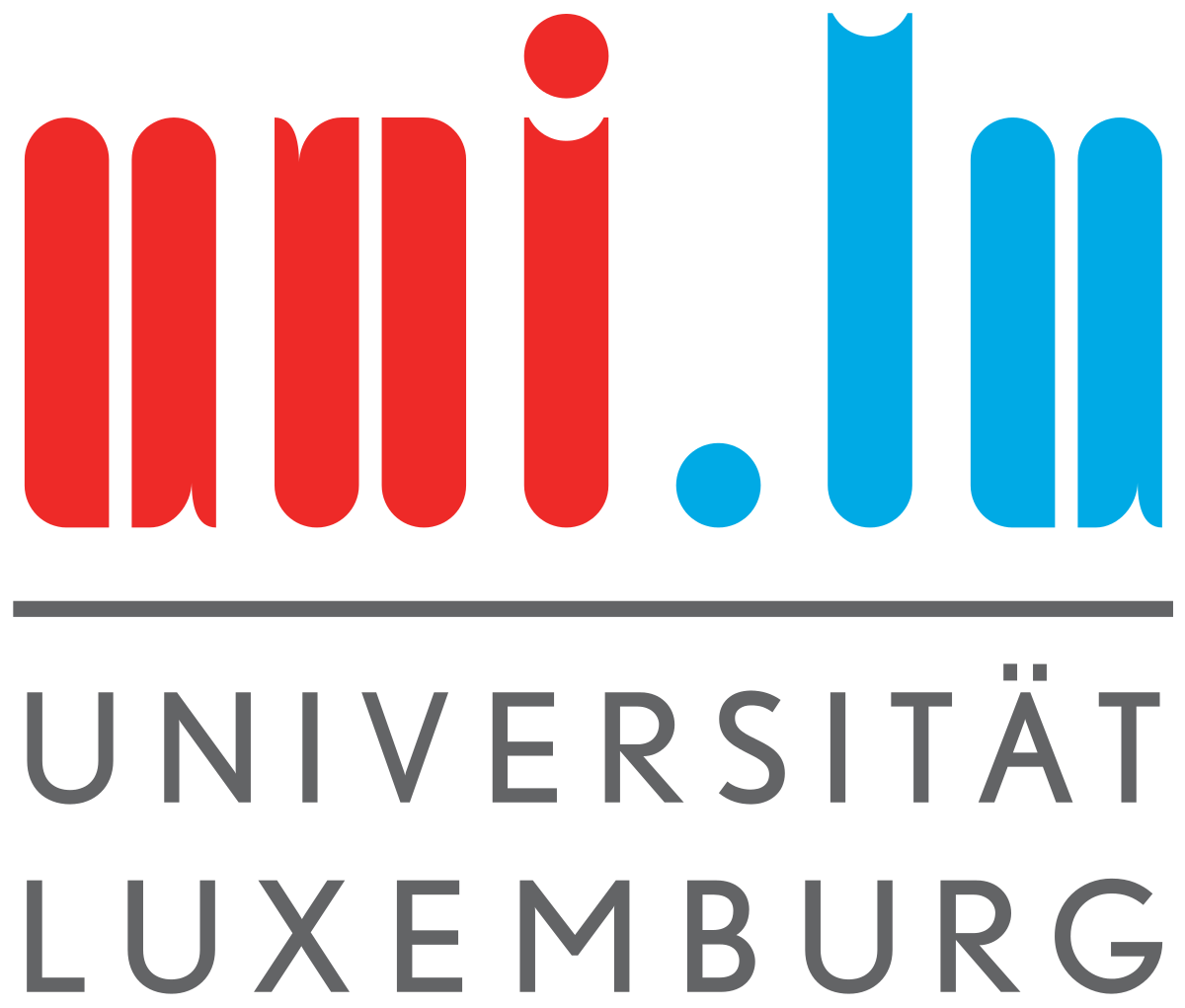TERMINAL (2019-2021)
TERMINAL
(Automated electric minibuses in international commuter traffic)
Safe, environmentally conscious and flexible – these are the central requirements for the mobility of the future. In the border region between Germany, France and Luxembourg, the mobility in the world of work is a decisive factor. It must be simple, cheap and available to everyone. The automation and intelligent networking of road traffic plays an important role here. In the TERMINAL project (automated electric minibuses in cross-border commuter traffic), 15 partners from science, mobility providers and public administration are working and researching on the establishment of automated electric buses in cross-border commuter traffic.
In the Greater Region in particular, it is not unusual for employees, trainees and students to cross borders in the truest sense of the word on the way to their places of work and training. In order not to have to rely on their own vehicle for this mobility, TERMINAL is investigating the general conditions for automated traffic in the border region and will conduct a field trial over several months with an automated electric shuttle in real traffic. A section between the municipality of Creutzwald (Moselle) and the industrial area of Überherrn (Saarland) was selected as the route for the field test.
Meanwhile, on a route between Luxembourg and Thionville (Moselle department), data is being collected from non-automated buses, which will be used to develop automated driving technology. In addition, this route is used to test Mobility on Demand (MoD) services. Besides the technical aspects, the project will also investigate how the technology affects people and how automated vehicles and MoD can be integrated into an attractive cross-border public transport system. The focus is on people from two perspectives. On the one hand, surveys before and after the field test will be used to find out what users’ attitudes towards automated transport are, and on the other hand, considerations about the future of jobs in public transport will also play a role.
The project is a decisive step towards the realisation of smart mobility concepts. The project is embedded in the activities of the trinational digital test field Germany-France-Luxembourg for automated and networked driving. Terminal will be the first project in Europe to deal with a cross-border regular service of automated electric minibuses and test them in a field trial.
Lead partner of the project is the Saarland University of Applied Sciences – htw saar.
Project duration
2019-01-01 until 2021-12-31 (36 months)
Operational project partners
They are supported by the following associated partners:
- Communaute de Communes Du Warndt
- Département Moselle
- Direction Regionale Environnement Amenagement Logement Grand-Est (DREAL)
- Eurodistrict Saar Moselle
- Gemeinde Überherrn
- Institut national de recherche en informatique et en automatique (INRIA)
- KVS GmbH
- Ministerium für Wirtschaft, Verkehr, Landwirtschaft und Weinbau Rheinland-Pfalz (MWVLW)
- Région Grand Est
sponsored by:

with funding from the European Regional Development Fund (ERDF)



